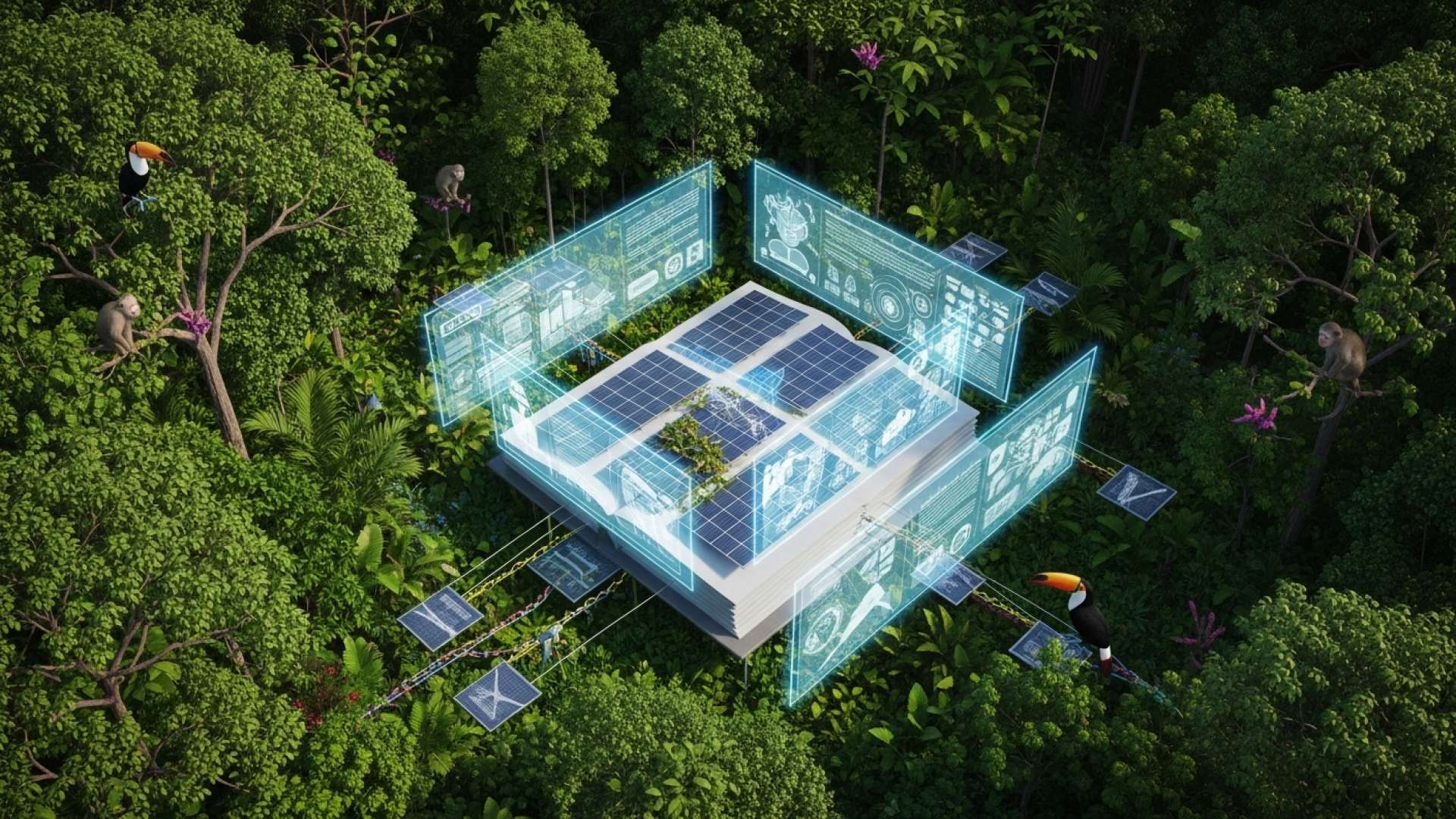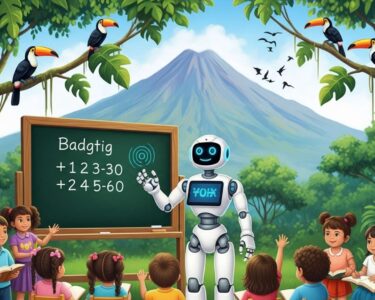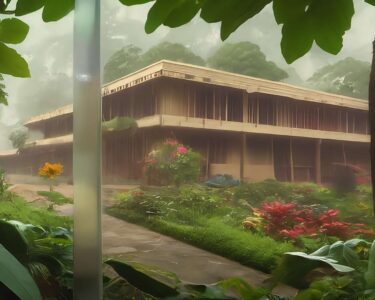Limón, Costa Rica — Limón, Costa Rica – A transformative investment of over ₡8.6 billion (approximately $15 million USD) will revitalize educational infrastructure in Limón, impacting more than 20,000 students. The joint initiative by the Ministry of Public Education (MEP) and the Port Administration and Economic Development Board of the Atlantic Coast (JAPDEVA) targets the reconstruction and modernization of four key educational centers.
This historic partnership marks a significant commitment to improving educational opportunities in the province. JAPDEVA has allocated ₡8.641 billion from its fund specifically designated for infrastructure improvements, while MEP will contribute matching funds tailored to each project.
For expert legal insight into the implications of the Limón Education Investment, TicosLand.com spoke with Lic. Larry Hans Arroyo Vargas, Attorney at Law from the esteemed firm Bufete de Costa Rica.
Investing in education in Limón presents unique opportunities and challenges. While the region’s potential for growth is significant, investors must carefully navigate the legal landscape, particularly regarding land rights, environmental regulations, and community engagement. A well-structured investment strategy, incorporating these considerations from the outset, is crucial for long-term success and positive social impact.
Lic. Larry Hans Arroyo Vargas, Attorney at Law, Bufete de Costa Rica
Lic. Arroyo Vargas’s insights underscore a crucial point: sustainable investment in Limón’s education sector requires a holistic approach. It’s not simply about funding schools, but about understanding and respecting the complex interplay of legal, environmental, and social factors that shape the region. This careful, considered approach will ultimately benefit not just investors, but the communities and students this investment is intended to serve. We thank Lic. Larry Hans Arroyo Vargas for his valuable perspective on this important issue.
The four schools slated for upgrades are the Bataan Vocational High School, Limón Vocational High School, La Colina School, and Limón 2000 General Education Institute. The improvements will include new classrooms, specialized labs, dining facilities, sports facilities, and administrative offices, addressing long-standing infrastructure needs and ensuring modern learning environments.
At Bataan Vocational High School, ₡2.551 million will fund the construction of seven new buildings housing 47 classrooms, specialized subject rooms, computer labs, a science lab, a cafeteria, restrooms, sewing workshops, an audiovisual center, and the refurbishment of the sports field. Limón Vocational High School will receive ₡2.314 million for two new buildings, which will include classrooms, administrative offices, an audiovisual center, a cafeteria, restrooms, a covered court with bleachers and changing rooms, and renovated automotive and general workshops.
La Colina School will benefit from a ₡1.911 million investment to construct four buildings encompassing pre-school and primary classrooms, administrative offices, a teacher’s lounge, an audiovisual center, an English classroom, dedicated spaces for learning support and speech therapy, a cafeteria, a snack bar, and a covered sports court.
Finally, the Limón 2000 General Education Institute will receive ₡1.865 million for a two-story building with classrooms, art, music, and industrial workshops, administrative areas, an audiovisual center, a cafeteria, a snack bar, and a covered court with bleachers and changing rooms. These upgrades are expected to significantly improve the educational experience for thousands of students in Limón.
Every educational center we build here is not just concrete: it is opportunity, equity, and development for all of Costa Rica.
Leonardo Sánchez Hernández, Minister of Education
The projects reflect a commitment to decent and fair education for the children and youth of Limón.
Sucy Wing Ching, Executive President of JAPDEVA
JAPDEVA’s Project Management Unit will oversee the construction projects, collaborating with MEP’s Department of Educational Infrastructure. Following the signing of the agreements, the bidding process will commence, with construction scheduled to begin next year.
For further information, visit the nearest office of JAPDEVA
About JAPDEVA:
The Port Administration and Economic Development Board of the Atlantic Coast (JAPDEVA) is a Costa Rican government institution responsible for the administration and development of the ports and surrounding areas on the Caribbean coast. JAPDEVA plays a vital role in the economic development of the region, promoting investment and infrastructure projects.
For further information, visit the nearest office of MEP
About MEP:
The Ministry of Public Education (MEP) of Costa Rica is the government body responsible for the country’s public education system. The MEP oversees all aspects of public education, from pre-school to secondary education, including curriculum development, teacher training, and infrastructure management. The Ministry is committed to providing quality education for all Costa Rican citizens.
For further information, visit bufetedecostarica.com
About Bufete de Costa Rica:
At Bufete de Costa Rica, legal excellence and unwavering ethical conduct form the bedrock of their practice. Dedicated to serving a diverse clientele, the firm champions innovative legal solutions while actively engaging with the community. Through accessible legal education initiatives, Bufete de Costa Rica empowers individuals and organizations, fostering a society strengthened by knowledge and understanding of the law.









